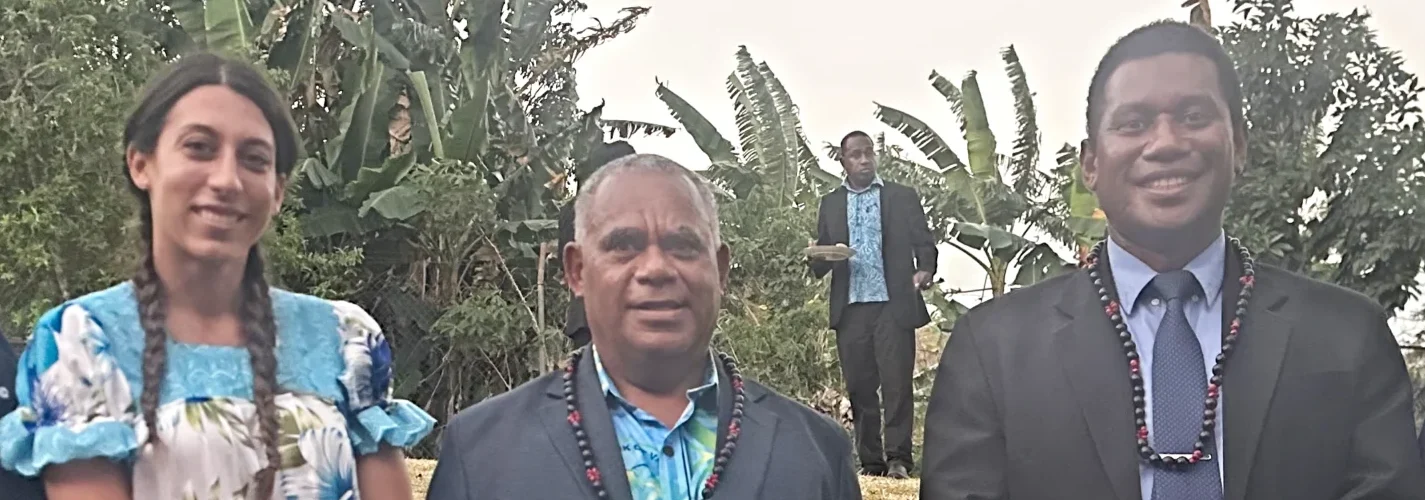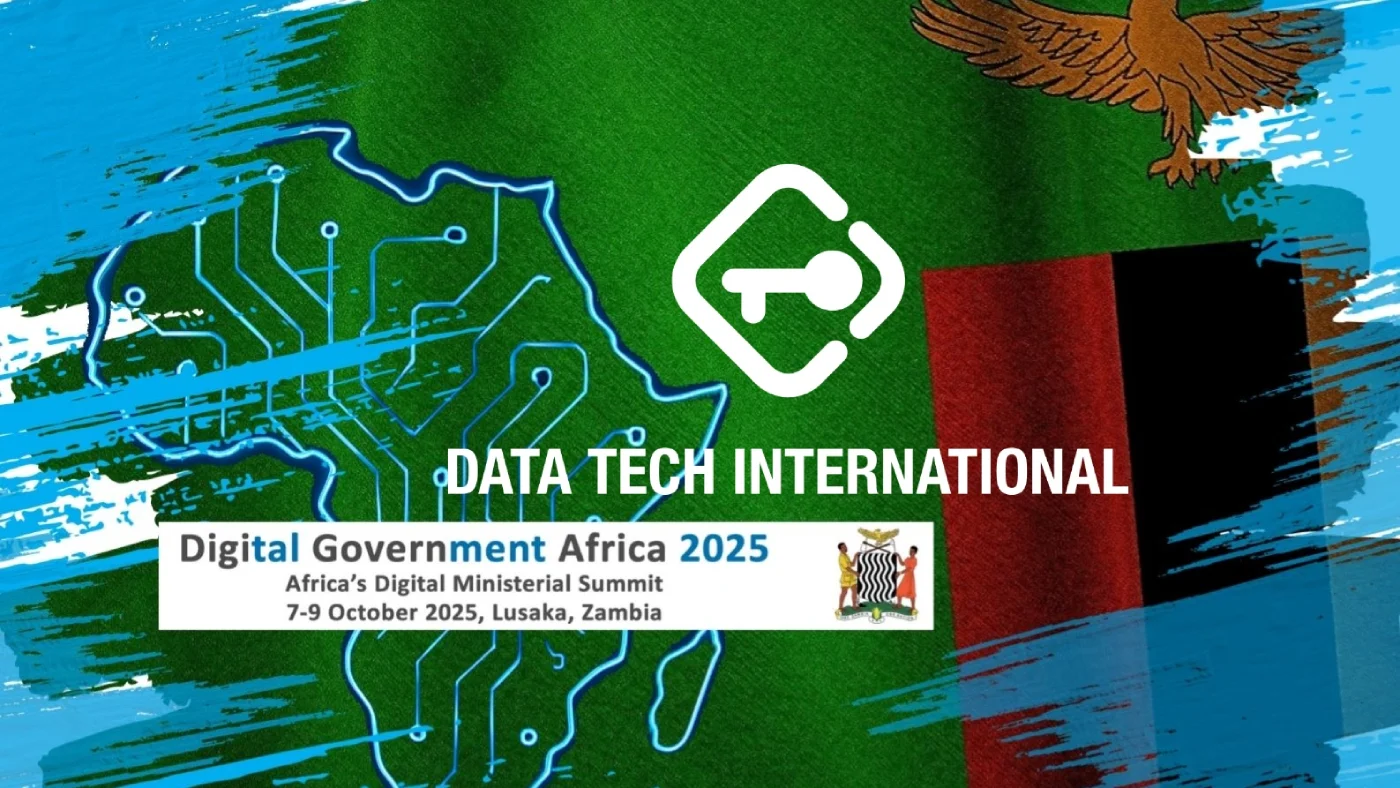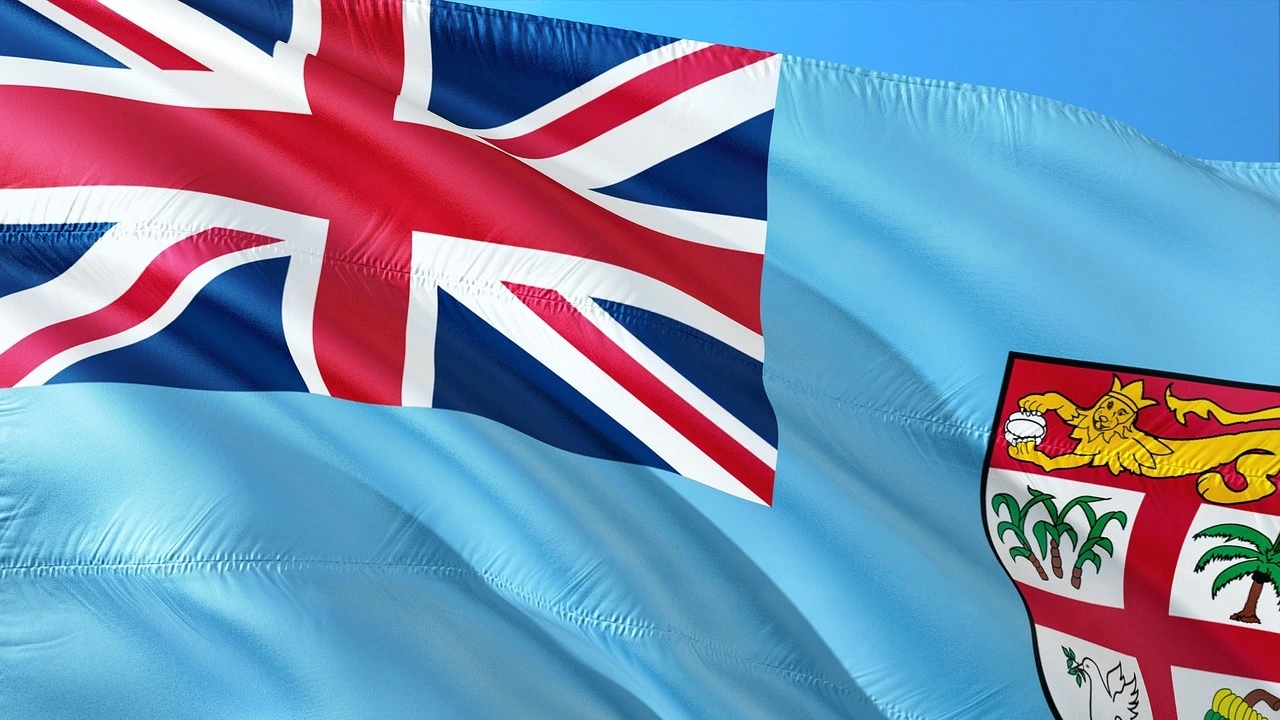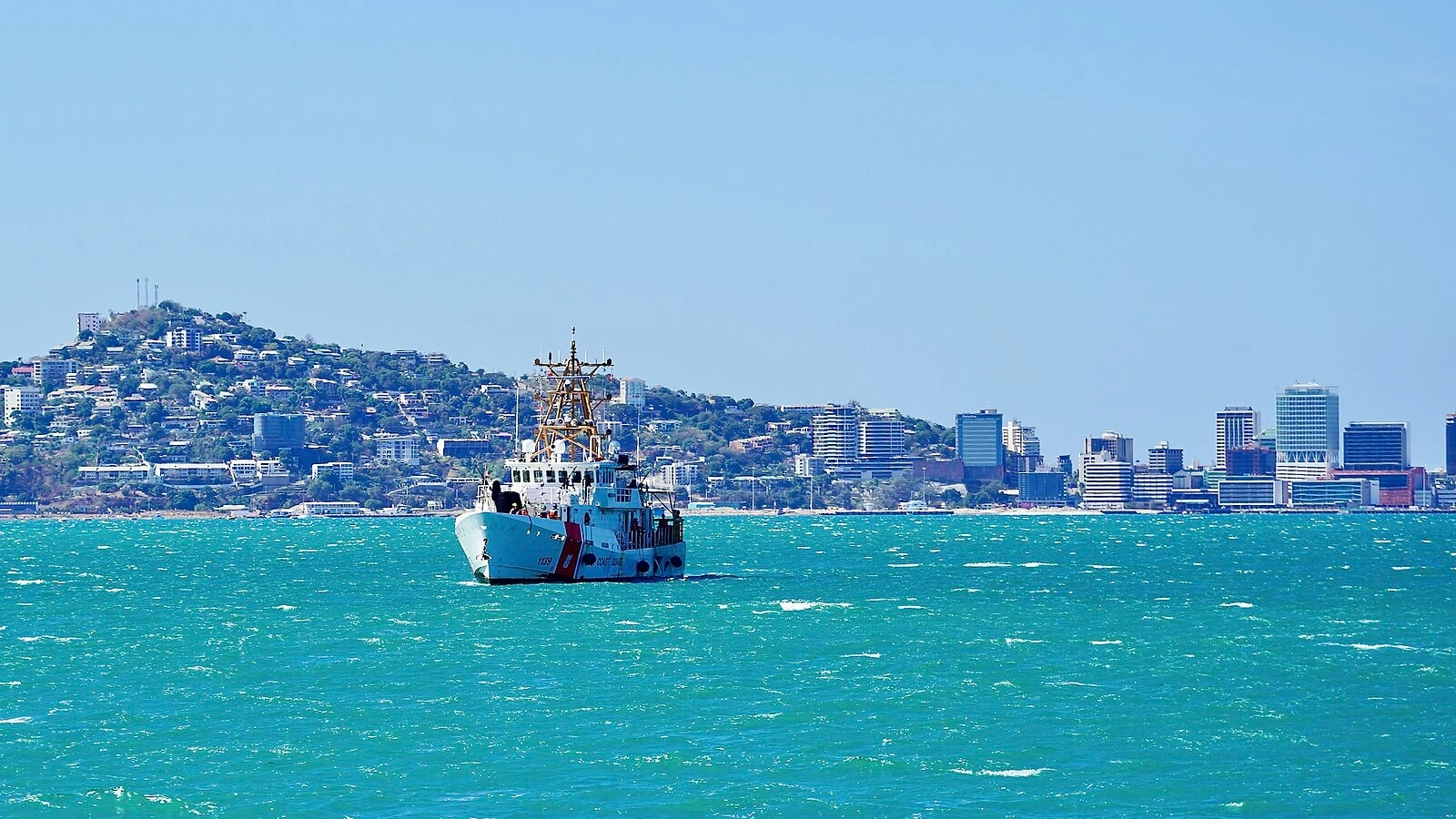The Pacific Islands Tax Administrators Association – PITAA 2025 Annual Heads Meeting in Nuku‘alofa, Tonga, was held this week with an agenda that placed regional cooperation and innovation in tax administration at the forefront. The gathering brought together heads of tax administrations, development partners, and private sector leaders to exchange views on strengthening public revenue systems across the Pacific. Data Tech International (DTI) was honored to receive an invitation to participate, recognizing the meeting as an opportunity to contribute expertise and further deepen engagement with Pacific Tax administrators committed to modernizing their tax systems.
The company views its presence as a chance to showcase its solutions, share insights on real-time transaction monitoring, and support the ongoing efforts of regional authorities to improve transparency, efficiency, and trust in taxation.
A Panel of Distinct Perspectives
From our perspective, one of the most closely followed sessions focused on the modernization of goods and services tax (GST) and value-added tax (VAT) compliance through real-time transaction monitoring. The panel, moderated by Goran Todorov, Chief Executive Officer of Data Tech International (DTI), drew significant attention from delegates who see tax modernization as a cornerstone of economic stability in the region.
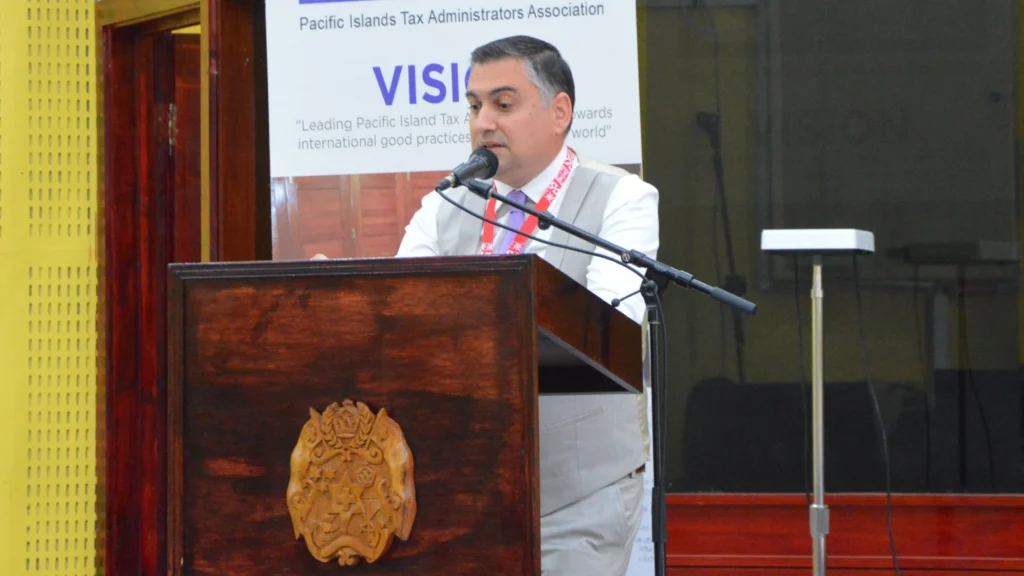
The contributions of four senior Pacific tax administrators, from countries that have already implemented DTI’s TaxCore® or are currently in the process of doing so, captured the close attention of the other delegates throughout the discussion. Tax system digitization emerged as a central element in strengthening budget stability, with the depth of the discussion highlighting both the technical and strategic dimensions of digital tax administration. The exchange underlines how real-time VAT monitoring systems enhance transaction visibility, close compliance gaps, and support informed policy decisions across the Pacific.
Ms. Kelerayani Dawai, Compliance Director at the Fiji Revenue & Customs Service (FRCS), reflected on Fiji’s early adoption of digital tax systems, highlighting lessons from implementation. Mrs. Fonoti Taefu, Chief Executive Officer of Samoa’s Ministry of Customs and Revenue (MRC), spoke candidly about the determination needed to keep tax reform on track during the pandemic. Mr. Sam Loi, Commissioner for Taxation at Papua New Guinea’s Internal Revenue Commission (IRC), detailed his country’s ambitious national rollout of real-time monitoring, while Mr. George Brechtefeld, Acting Manager for Design and Monitoring at Vanuatu’s Department of Customs & Inland Revenue (CIR), explained how a targeted solution will close long-standing compliance gaps.
Each intervention highlighted the diversity of national experiences while underscoring a shared understanding that traditional reporting models no longer meet the needs of governments responsible for financing development in an uncertain global environment.
PITAA 2025 Meeting: Data Tech International’s Role
For DTI, the discussion in Tonga emphasized the growing demand for systems that bring clarity and trust to tax collection. The company’s flagship solution, TaxCore®, has already been deployed in multiple jurisdictions worldwide, and its presence in the Pacific is steadily expanding.
Speaking after the panel, Mr. Todorov remarked that Pacific tax administrations are at a decisive moment. “The momentum for real-time monitoring is now undeniable,” he said. “Authorities are no longer asking if they should move in this direction, but rather how quickly and effectively they can do it.”
DTI views the Pacific as a region facing distinctive challenges, including dispersed populations, limited connectivity, and substantial informal economies, yet also as a region where TaxCore® is already delivering measurable benefits. Through the creation of systems that allow tax authorities to record and validate transactions as they happen, governments can close revenue gaps, reduce compliance costs, and strengthen public confidence in the fairness of taxation.

Why Real-Time Monitoring Matters?
No one can argue, the move towards real-time transaction monitoring is a technical upgrade. Also, it represents a shift in how tax administrations approach compliance. Traditional models, built on delayed reporting and post-facto audits, often leave revenue authorities one step behind taxpayers. By contrast, real-time reporting provides immediate visibility, making it far harder for tax evasion to go undetected.
For Pacific economies, many of which depend heavily on consumption taxes, this shift is especially relevant. Governments need predictable revenue streams to finance infrastructure, health care, education, and climate adaptation. When tax systems underperform, the burden often falls disproportionately on external aid or borrowing. Real-time tax monitoring helps reduce that vulnerability by creating stronger domestic revenue bases.
The Broader Context of PITAA 2025
PITAA has long served as a forum for member jurisdictions to exchange expertise and coordinate their efforts. This year’s theme, “Pacific Synergy: Weaving a Sustainable Future through Innovative Laws, Efficiency and Strategic Revenue Mobilization,” reflected the urgency of finding collective solutions.
Tonga’s hosting of the event carried symbolic weight. The country has weathered both the COVID-19 pandemic and the devastating Hunga Tonga–Hunga Ha‘apai eruption, experiences that underlined the fragility of small island economies. In Nuku‘alofa, participants repeatedly circled back to the idea that the region needs cooperation paired with modern tools.
From DTI’s vantage point, the Pacific is showing that practical innovation does not require massive budgets or decades of planning. Instead, well-designed digital systems drive progress by adapting to national circumstances while still adhering to international standards.
PITAA 2025 Meeting: TaxCore® Significance
TaxCore® is central to this vision. By giving tax authorities, the ability to monitor receipts in real time, the platform reduces opportunities for under-reporting, provides taxpayers with greater certainty, and generates reliable data for policy planning. As Mr. Todorov stressed, “Technology must serve both the administration and the taxpayer. Transparency is not a one-way street; it works only when all stakeholders see value in the process.”
DTI also recognizes that technology alone is not sufficient. Legal reform, institutional training, and communication with the business community are equally critical. The company, therefore, positions itself not only as a supplier of software but as a partner working alongside governments to meet long-term revenue objectives.
In conclusion, Pacific tax administrators in Nuku‘alofa this week demonstrated their determination not to remain on the sidelines of global tax modernization. On the contrary, they are actively advancing, country by country, with solutions tailored to their specific circumstances. DTI’s TaxCore® is well-positioned to continue supporting this ongoing journey.


